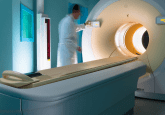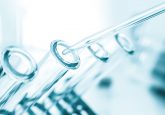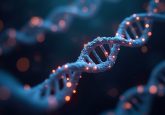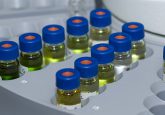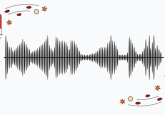Could new urine and blood tests indicate autism in children?

New blood and urine tests have been developed by researchers from the University of Warwick (UK) for early detection of autism spectrum disorders (ASDs). The tests are believed to be the first of their kind and could enable children with ASD to be provided with appropriate treatment much earlier.
Samples were taken from two groups of children, recruited by researchers from the University of Bologna (Italy). The first group consisted of 38 children diagnosed with ASD whilst the second group acted as a control and consisted of 31 healthy children.
The study, published in Molecular Autism, detailed the discovery of chemical differences between the two groups of children. The children diagnosed with ASD were demonstrated to have damaged proteins with higher levels of the oxidation marker, dityrosine, as well as sugar-modified compounds called ‘advanced glycation endproducts’.
The results were developed into an algorithm by a collaborator from the University of Birmingham (UK) for use in distinguishing between children with ASD and healthy controls.
“Our discovery could lead to earlier diagnosis and intervention,” explained Naila Rabbani (University of Warwick) lead author of the study.
“We hope the tests will also reveal new causative factors. With further testing we may reveal specific plasma and urinary profiles or ‘fingerprints’ of compounds with damaging modifications. This may help us improve the diagnosis of ASD and point the way to new causes of ASD.”
The researchers hope to repeat the study with more groups of children to confirm the diagnostic performance.
Sources: Anwar A, Abruzzo PM, Pasha S et al. Advanced glycation endproducts, dityrosine and arginine transporter dysfunction in autism – a source of biomarkers for clinical diagnosis. Mol. Autism. 9(3) (2018); www.eurekalert.org/pub_releases/2018-02/uow-bau021518.php

